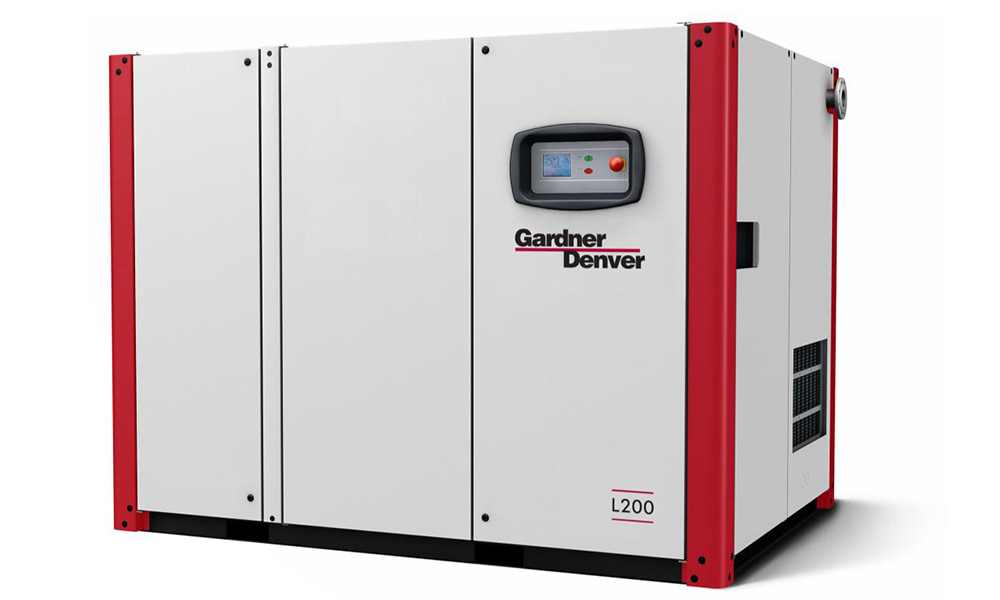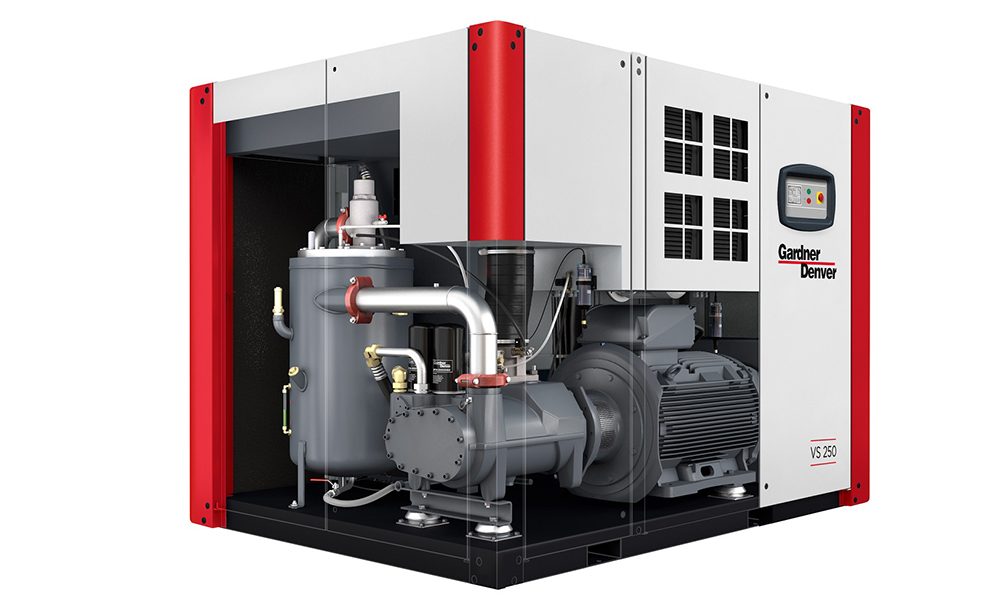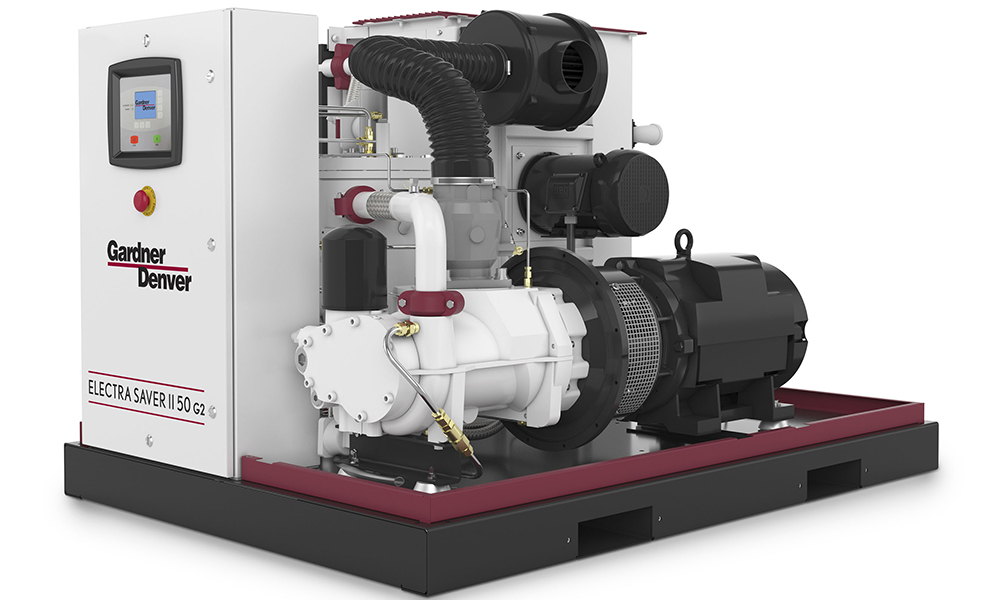This rotary screw compressor or Gardner Denver air compressor is well-known for its quality and durability.
In this air compressor troubleshooting guide, we’ll explore some common issues with compressors and offer tips for resolving them.

Contents
Common issues with Gardner Denver air compressors
Low Pressure. This may be caused by a variety of factors, including a malfunctioning pressure switch.
Electrical power issues. If your compressor shuts down or fails to start unexpectedly, it may be due to electrical power issues.
Water in Air Lines. Condensation can cause water to accumulate in air lines, leading to corrosion, air leak, and damage to downstream equipment.
Unreliable/ not enough pressure. If your compressor has not enough pressure it may be due to a malfunctioning pressure regulator or relief valve.

Clogged Air Filters, compressed air dryer
Dirty air filters can restrict airflow, creating a very high air demand and potentially causing damage to the motor. The compressed air dryer is an essential component of the compressor system that removes moisture from the compressed air.
Additionally, it’s important to check for air leaks, which can reduce the overall efficiency of the screw compressor and cause it to struggle to keep up with very high air demand.

Troubleshooting tips
- Check and replace compressed air filters. Regularly inspect and clean or replace compressed air filters to ensure proper airflow and prevent air leak.
- Inspect Electrical Components. Another crucial component to inspect is the supply power. Ensure that the compressor’s supply power is functioning correctly.
- Inspecting cooling system and ambient temperature. The ambient temperature can also impact the performance of the compressor.
Monitor differential pressure, check safety valve and air compression
Check inlet valve regularly and make sure it is within the recommended range. Replace malfunctioning pressure regulators or relief valves.
Differential pressure is another factor to consider.
The safety valve is a critical component that is designed to prevent the compressor from exceeding a safe pressure level. Regularly inspect the safety valve.

Check inlet valve, minimum pressure valve, solenoid valve operation, and ring wear
Watch for a system that supplies control air to various pneumatic devices in the system, including solenoid valves and actuators. If the system which supplies control air is not working correctly, it can lead to system failures and safety hazards.
Regularly inspect inlet valve and rings for signs of wear or damage and replace them as necessary.
The minimum pressure valve is responsible for maintaining a minimum pressure level in the air compressor. If the solenoid valve is malfunctioning, it can cause low pressure.
Similarly, the solenoid valve controls the flow of air into the compressor, and if it’s not functioning correctly, it can lead to a scenario where the air compressor shuts down. It’s essential to ensure that the solenoid valve operation is correct.

To supplement the information received, read the article – Troubleshooting your compressed air system.
FAQ
Let’s answer some often questions.
How do I reset my Gardner Denver air compressor?
To reset a Gardner Denver air compressors, start by turning off the compressor and unplugging it from the power source.
Wait, then turn the compressor back on and plug it back in.
Why is my compressor not making pressure?
There are several reasons why a compressor may not be making pressure, including a faulty pressure switch, worn valves or rings, a clogged air filter, or a malfunctioning inlet valve.

Conclusion
Gardner Denver air compressors are reliable and durable machines that can last for many years with proper maintenance and care.
Check air filters, monitor oil levels, inspect solenoid valve, air compression, monitoring air demand, differential pressure, and ring wear.
With this air compressor troubleshooting guide, your air compressor can provide reliable and efficient service for many years to come.



how to reset maintenance schedule. my compressor reach already at 2000 hour and done the maintenance already.?
npstzd